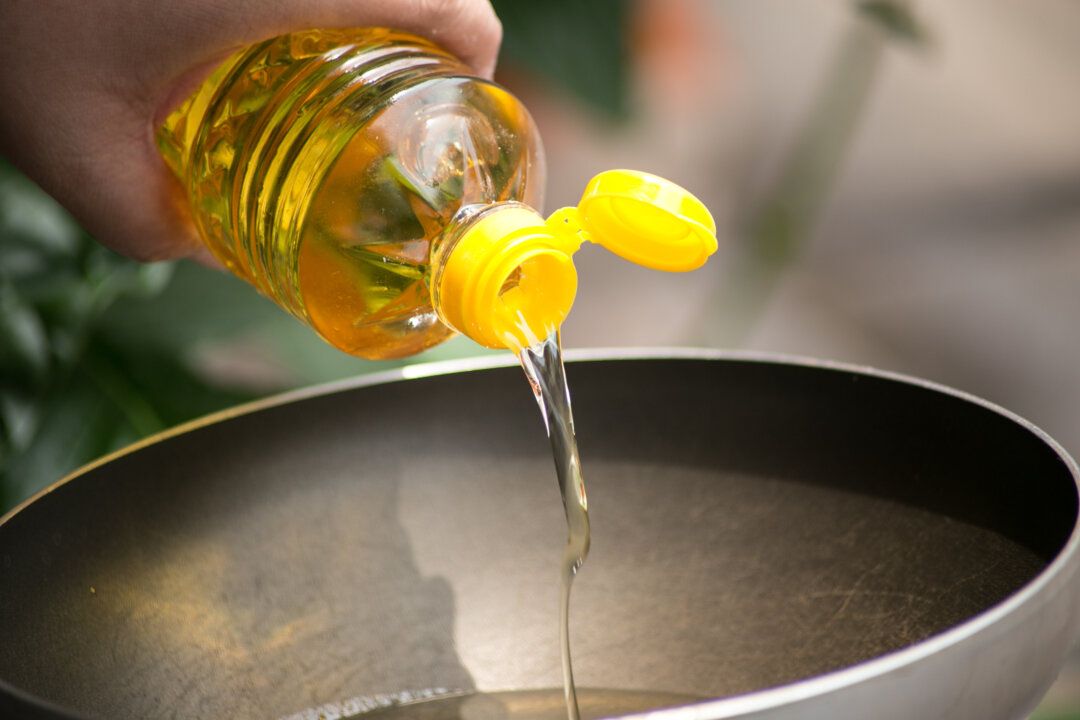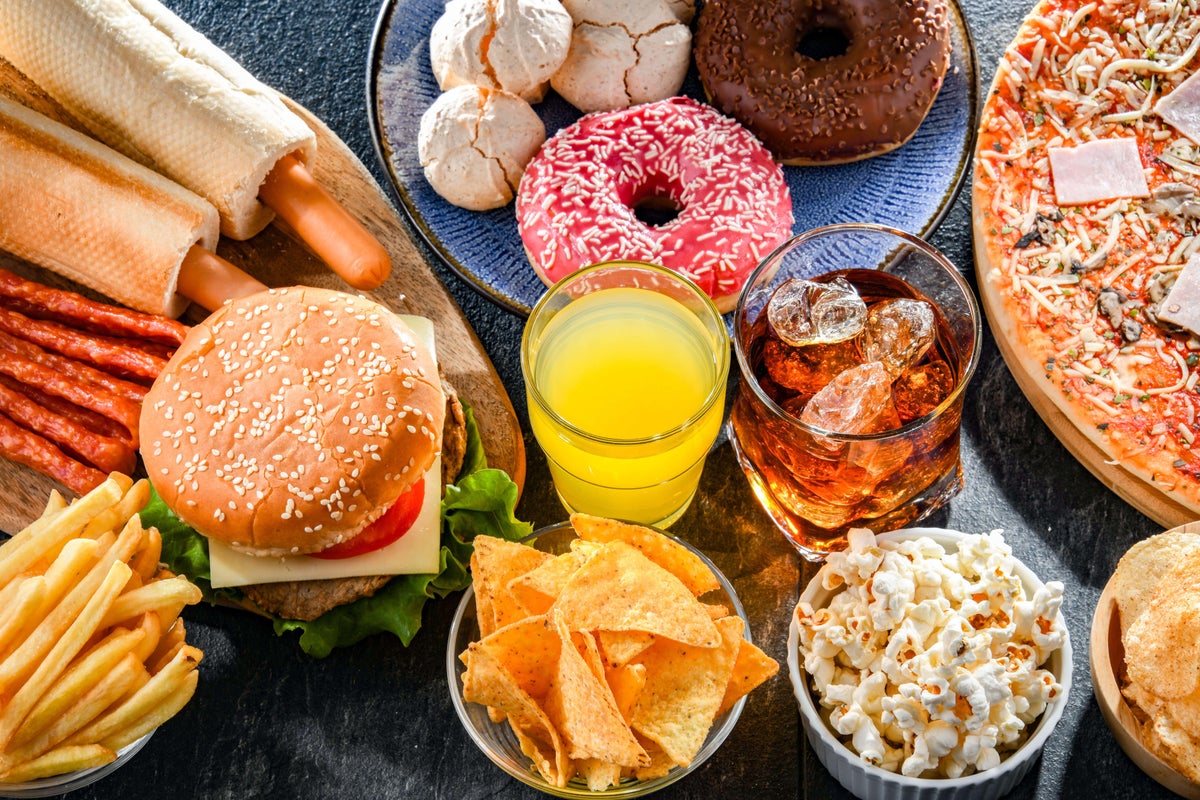In today’s fast-paced world, dietary choices are often slim, leading to reliance on convenient but potentially unhealthy options. Options like takeout, fast food, or highly processed, ready-made foods on grocery store shelves may contain harmful seed oils that contribute to inflammation and other common ailments. But what function do these foods serve to the human body? Triglycerides are the densest form of natural energy on the planet.
Plants create triglycerides for long-term storage, storing them in their seeds. When the plant finishes its cycle and goes into dormancy, that seedling will use the fat in the seed as energy. The Omega-6 Imbalance The processing of seed oils often involves hydrogenation, a process that converts oils into trans-fatty acids.

Goodenowe says the body struggles to metabolize trans fats, leading to their association with cardiovascular issues, inflammation, and other health problems prevalent in modern populations. Grain finished essentially defeats the whole purpose of a grass-fed diet and changes the quality of the meat, Goodenowe said. However, people don’t have to become overly obsessive about every food source, he noted.
The important thing to understand is that the entire composition of the Western food supply has shifted towards too much omega-6 fatty acid. He encourages consumers to be selective about their food choices and consciously rebalance their fatty acid intake. “You can’t fight everything,” Goodenowe said.
“There’s absolutely nothing wrong with that.” He attributes the negative perception of animal fats to marketing campaigns. These campaigns led people to believe seed oils were more environmentally friendly than the lard industry and that polyunsaturated fats lowered cholesterol.
However, Goodenowe says those campaigns simply haven’t turned out to be true and recommends people opt for animal versions of fat such as lard or stick to olive, coconut, or avocado oils. He also recommends getting fat from egg yolks due to their high omega-9 levels..
Health

The Fat Fix: Choosing the Right Oils to Fight Inflammation and Feel Better

How nature or industry assembles the food we eat influeneces how it harms or helps the body.















